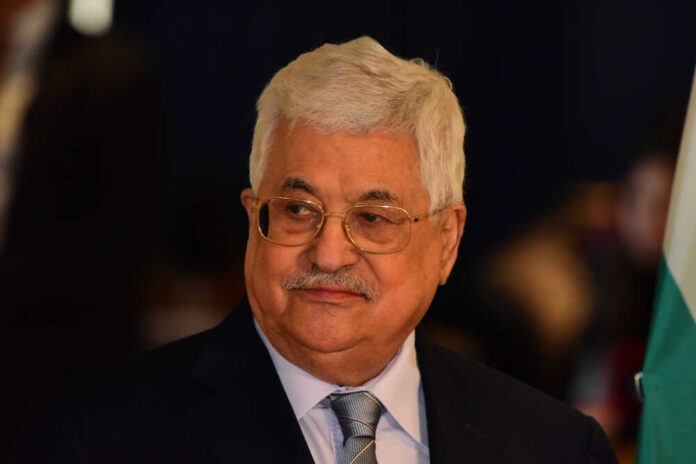
As part of Washington’s postwar plan for Gaza, Palestinian President Mahmoud Abbas has chosen his longstanding economic advisor to succeed him as prime minister, despite American demands that the Palestinian Authority change.
A technocratic administration in the Israeli-occupied West Bank, headed by Mohammad Mustafa, an independent political scientist with a degree in economics from the United States, will have the authority to oversee Gaza until the Palestinians achieve statehood. However, there are significant roadblocks to these plans, such as the unending Israel-Hamas conflict and the vested interest of Israeli Prime Minister Benjamin Netanyahu.
Since the 88-year-old president would still have total authority, it is uncertain if appointing a new Cabinet headed by a friend of Abbas would satisfy American calls for reform.
Among Abbas’s demands in the appointment announcement was that Mustafa devise strategies to combat corruption, spearhead changes to the government, security services, and economy, and bring about administrative unity in the West Bank and Gaza.
The “unilateral” appointment of a business magnate and confidant of Palestinian Authority President Mahmoud Abbas as prime minister with the authority to assist in PA reform and Gaza reconstruction was slammed by the Palestinian militant group Hamas on Friday.
While Abbas’s Fatah movement and Hamas recently met in Moscow to settle long-time disputes, Hamas said the decision was made without consulting it.
It went on to say that the Palestinians, who are at war with Israel, want a united leadership that is getting ready for free democratic elections that include everyone in their community.
Terrorists from Hamas attacked southern Israel on October 7, killing 1,200 and taking 253 captives; this was the beginning of the Gaza War.
As a result of Israel’s actions, 2.3 million people have fled their homes in Gaza, and the coastal enclave is now amid a famine.
Since Hamas took over Gaza in 2007, limiting Abbas’s power to the West Bank, which Israel controls, Arab and international attempts to reconcile Fatah and Hamas, the PA’s backbone, have so far failed.
The two areas are essential to the Palestinian vision of a future sovereign nation.














